Deepti Naval
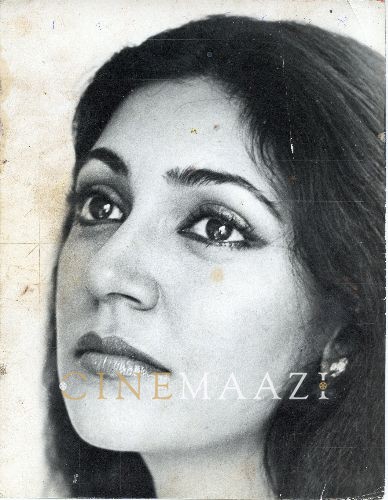
Subscribe to read full article
This section is for paid subscribers only. Our subscription is only $37/- for one full year.
You get unlimited access to all paid section and features on the website with this subscription.
Not ready for a full subscription?
You can access this article for $2 , and have it saved to your account for one year.
- Born: 3 February, 1952 (Amritsar, Punjab)
- Primary Cinema: Hindi
- Parents: Himadri Naval and Dr Uday Chandra Naval
- Spouse: Prakash Jha
- Children: Disha Jha
Famous once for her ‘girl-next-door’ onscreen persona, ironically Deepti Naval is no fan of the term. “I would request one thing: and that is to stop calling anyone ‘girl-next-door’. Let’s please redefine ‘girl-next-door’. Let’s make her independent, confident, free thinking, ahead of her time and somebody who has a huge amount of adventure and spirit… someone who is not afraid to experiment with life. For me, that’s the girl-next-door!” she explained.
One of the leading lights of the parallel cinema movement in India in the 80s, Deepti Naval has acted in more than 60 years in the course of her career such as Chashme Buddoor (1981), Hip Hip Hurray (1984), Kamla (1984), Ankahee (1985), Panchvati (1986), Mirch Masala (1987), Main Zinda Hoon (1988), and more recently, Leela (2002) and Freaky Chakra (2003). Prominent for her work in art cinema, her true-to-life characters that depicted realistic roles of women in Indian society have marked her out as a critically acclaimed performer. Having written and directed Thodasa Aasmaan, a TV serial about women, and produced a travel show called The Path Less Travelled, she directed her first film Do Paise Ki Dhoop, Chaar Aane Ki Baarish (2009), which explored relationships born out of mutual need, which change with altering perceptions. She is also a poet, author and painter.
Born in northern India, in Amritsar, East Punjab, she moved to New York City when her father got a teaching job at City University of New York. She studied Fine Arts at Hunter College. Drawn to films, she first appeared onscreen in Shyam Benegal’s Junoon (1978), followed by a leading role in Ek Baar Phir (1980). She played one of her most popular onscreen characters—Miss Chamko in Chashme Buddoor, a romantic comedy-buddy film in which she was cast with Farooque Sheikh. It was a most successful pairing and the two went on to star together in several films such as Saath Saath (1982), Kissi Se Na Kehna (1983), Katha (1983), Rang Birangi (1983) and Faasle (1985). They paired up again after around 30 years in Tell Me O Kkhuda (2011), followed by Listen... Amaya (2013), which released the same year Shaikh passed away.
Even as her contemporaries Smita Patil and Shabana Azmi made waves in the realm of parallel cinema, Deepti garnered acclaim in the same space for her performances in films such as Ankahee and Sudhir Mishra’s Main Zinda Hoon. In Panchavati she played Sadhavi, a girl who took her own decisions and was ahead of her times, while in Leela she essayed an NRI woman with many contradictions in her personality. Kamla saw her play a key role in a film that revolved around a Delhi-based journalist discovering the existence of the flesh trade in a village in Madhya Pradesh, the victims being girls belonging to the Bhil tribe. Social dramas like Bawandar (2000) and Firaaq (2008) saw her play important roles.
She also explored acting roles in language cinema such as Punjabi cinema with Marhi Da Deeva (1989) and Kannada cinema with Mane (1990). Both these films went on to win National awards, namely Best Feature Film in Punjabi and Best Feature Film in Kannada respectively.
Deepti Naval featured in telefilms and serials including Sauda (1992), Tanaav, Muqammal, and Mukti Bandhan. She also acted in Ek Mulaqaat, a play about unfulfilled love, poetry and music, in which she played the celebrated Punjabi writer Amrita Pritam, while Shekhar Suman essayed Sahir Ludhianvi. She also featured in an episode of the webseries Made in Heaven, directed by Zoya Akhtar.
Naval turned director with Do Paise Ki Dhoop, Chaar Aane Ki Baarish which starred Manisha Koirala and Rajit Kapoor. The film went on to win the Best Screenplay Award at New York Indian Film Festival, and was released on Netflix in 2019. She also wrote and directed the teleserial Thoda Sa Aasmaan, a TV serial revolving around three women of different age groups, going through some crisis in their lives respectively. She also produced a travel show, The Path Less Travelled, a journey through the mountains of Kumaon and Garhwal.
A selection of her poems in Hindi, Lamha-Lamha was published in 1983. More recently, MapinLit brought out a collection of her poems called Black Wind and Other Poems. She also has a collection of short stories to her credit, called The Mad Tibetan: Stories from Then and Now.
A prolific painter and photographer, she has several exhibitions to her credit. Her works are on permanent display at her personal studio in Haripur, near Manali, Himachal.
Among the awards she has received are the Bengal Film Journalists' Association Awards, Best Supporting Actress for Mirch Masala (1987), as also Best Actress awards at international film festivals for her roles in Leela (2002), Memories in March (2010) and Listen... Amaya (2013). She was also recognized as the 2007 Tribute Honoree of the Indian Film Festival of Los Angeles.
Deepti Naval also runs the Vinod Pandit Charitable Trust for the education of the girl child, which was established in memory of her late companion, Vinod Pandit. She enjoys trekking in the remote mountains of Himachal and Ladakh.
-
Filmography (22)
SortRole
-
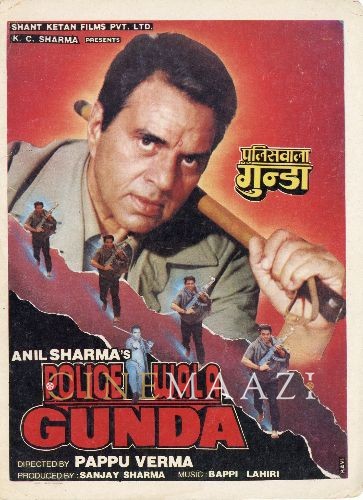
Police Wala Gunda 1995
-
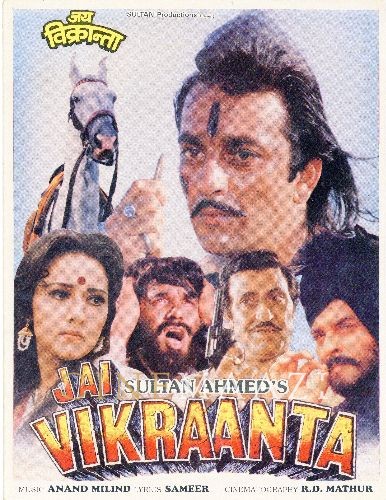
Jai Vikraanta 1995
-
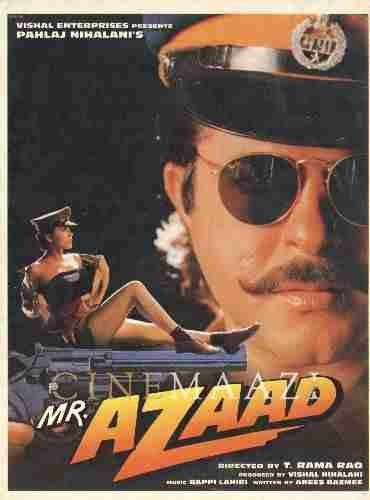
Mr Azaad 1994
-
Mane 1990
-
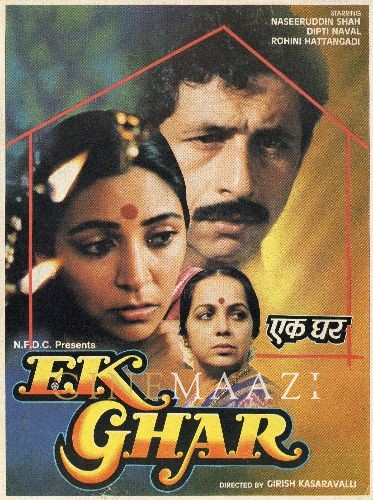
Ek Ghar 1990
-
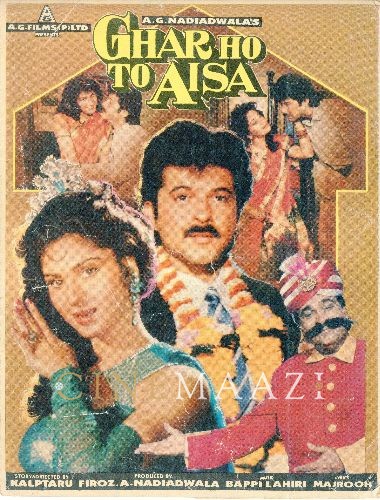
Ghar Ho To Aisa 1990
-
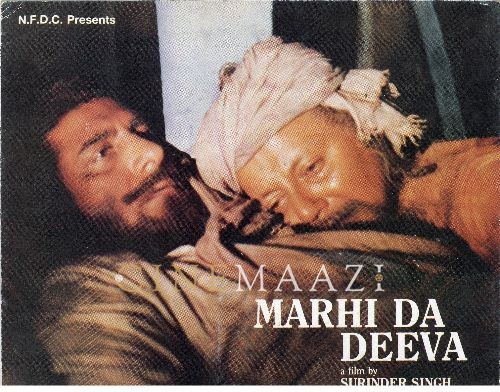
Marhi Da Deeva 1989
-
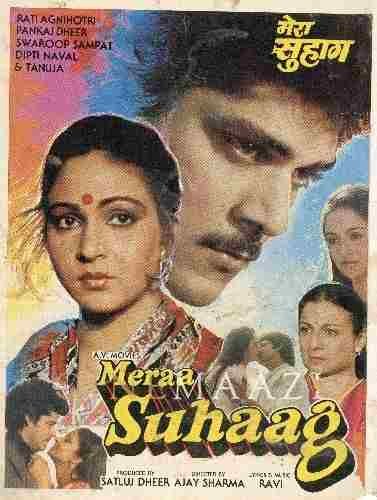
Meraa Suhaag 1987
-
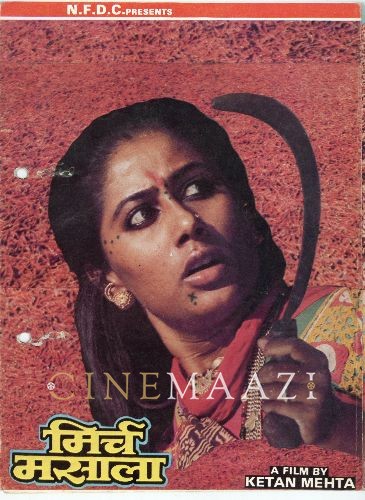
Mirch Masala 1987
-
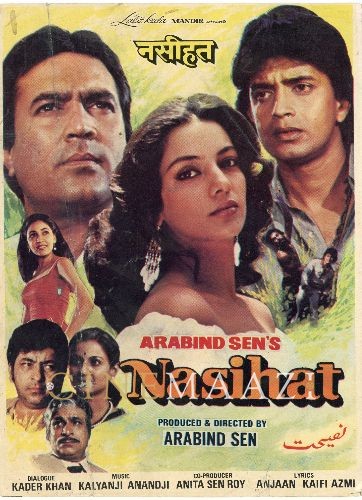
Nasihat 1986
-

Begaanaa 1986






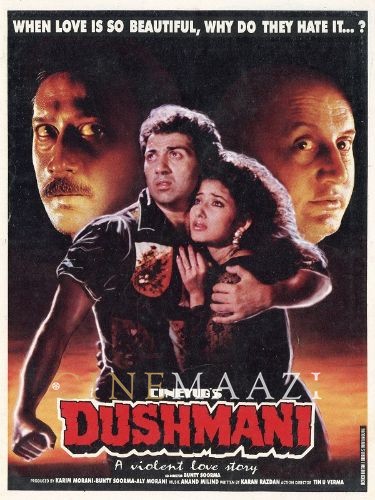

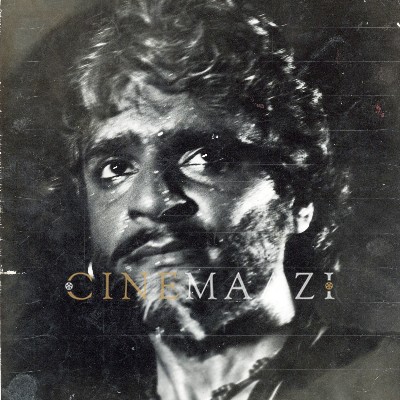

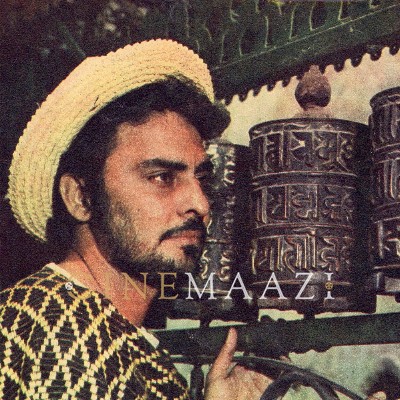

.jpg)



